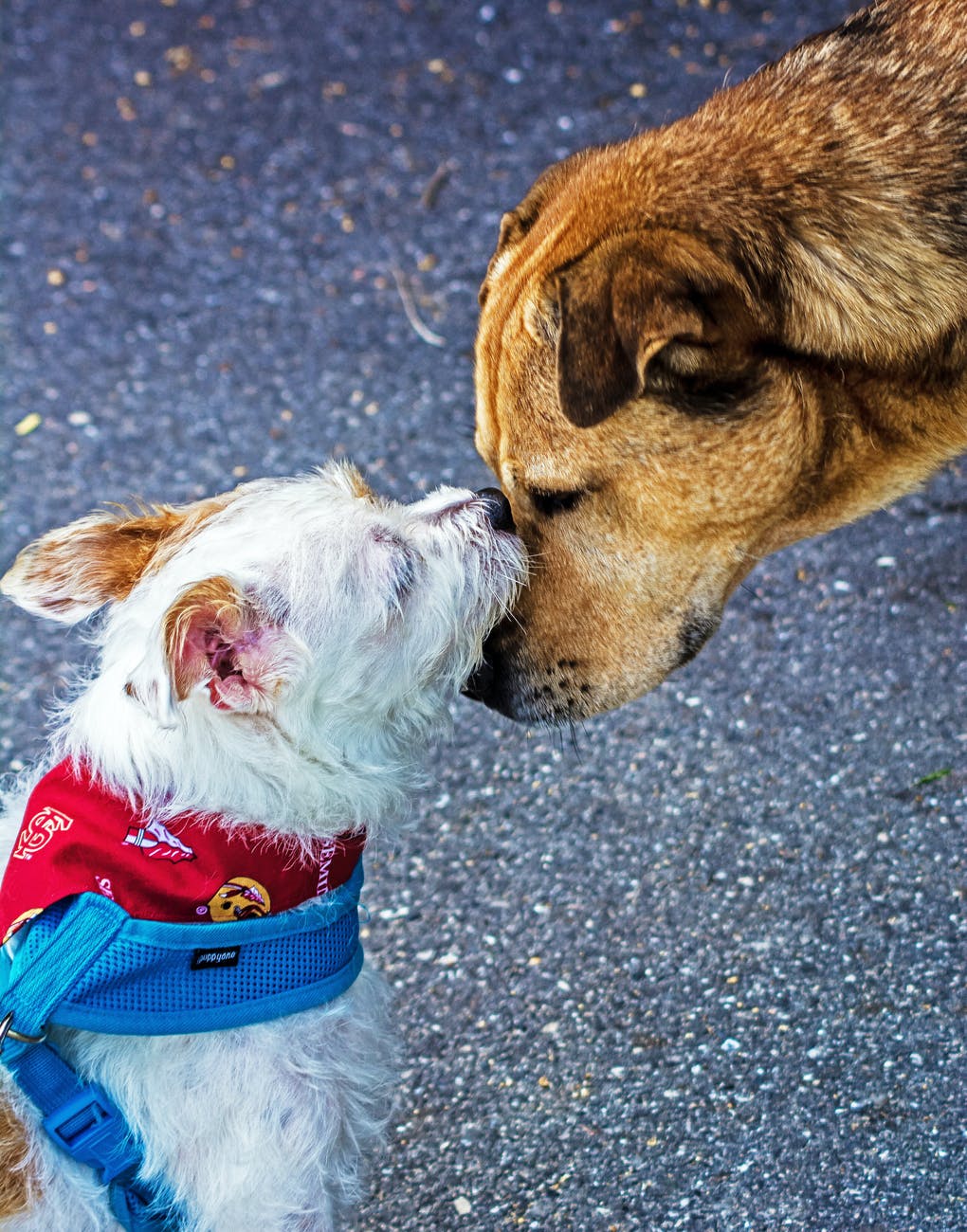
The Positive Effects of Dogs on People with Autism
Many adults and children live with the autism spectrum condition (ASC), and it is proven that these people can bond, especially with dogs. Years of training dogs to bond with autistic children have yielded several amazing moments that are better experienced than explained. The number of positive effects that these dogs have cannot be quantified.
A research carried out by the University of Lincoln discovered that children living with autism tend to experience far fewer meltdowns when they’re with or around a pet dog. The consequent effect of this is that the stress levels of their parents also reduce significantly. It was also found that dogs can substantially improve their confidence levels, improve their communication, help to reduce anxiety, and ensure that families can do more together.
This goes to show how vital pet dogs are for autistic people (both adults and children). So, if you have a child with autism or know someone with autism, you should get them a pet dog to bond with. This is the best way to help increase their confidence and ensure that they achieve specific goals.
For the benefit of people who are unsure how helpful dogs are and continue to doubt, this article discusses ten different ways dogs positively affect people with autism.
Playing games
The dog can play a game of hide and seek with the person, or it could be a game of pairs, and this would be an excellent way for the autistic child to learn about sharing and taking turns. Unlike humans, dogs don’t care if they win the game or not.
Road safety
The use of animal-assisted interventions is helping adults and children with autism improve their awareness of road safety and ensure that they are safer whenever they go out.
New best friend
Dogs are commonly called man’s best friends. Perhaps this description of dogs is more accurate for people with autism because dogs can create a special connection with them, as Toby’s life proved. Before Sox, an autism assistance dog, came, 11-year-old Toby was already considering ending his life. This changed with the dog’s arrival, and he claimed that he felt better because of Sox. According to him, it feels like there is a thread connecting their hearts.
Overcoming fear
For people living with autism, having a specially trained dog around them constantly gives them a calming focus. There are also cases of dogs helping children with autism start school, overcome their anxieties about vaccinations, and make their trip to the dentist.
Reducing family stress
A survey of 100 families, which attended a Family dog workshop where they were trained on using their pet dog to help their autistic child by the University of Lincoln, found that introducing a pet dog reduced parental stress significantly.
Sensory support
Having the dog lay its head on the child’s lap brings a level of reassuring pressure for the child, makes them calm even in high anxiety moments, and also provides excellent support for the sensory needs of the child.
New opportunities
Different routines may take over your life as a parent living with an autistic child. You may also have narrow interests. However, introducing a dog to the child and allowing them to bond will help you persuade the child to do something different or try something new. For example, according to Kelly, an Autism Instructor, you could start agility training, giving something back to the dog. However, the good thing is that it is essentially beneficial for both of them.
Better days out
One of the typical routines of a parent living with an autistic child is that they are forced to spend more of their time indoors than they probably would have loved to. It is one of the things they have to do to protect the child. Plus, autistic children are usually not a fan of public outings. So you can imagine the amazement on Mum Emma’s face when her autistic child Thomas asked that they go out for lunch. According to her, whenever Thomas has his autism assistance dog, Briggs, around him, it seems like both are in a protective bubble. Thomas becomes happier and willing to try things, so everyone gets to do more together as a family.
Building friendships
One of the common societal problems that children living with autism face is the difficulty in building relationships and friends. Many of them do not have more than their parents and family. However, they have nothing to worry about when they have a loyal and non-judgmental friend wagging its tail at them.
More than words
Working with an autism assistance dog brings the best out of autistic people. This is the case with Mark, an autistic adult who regularly benefits from having animal-assisted therapy sessions. According to his support worker, he’s usually chattier after the session, and he displays a good sense of humor most times after working with his therapy dog.
Conclusion
People living with autism struggle on many levels. They do not have friends, suffer anxiety, lack confidence, etc. Their parents and immediate family also suffer in different ways. However, a pet dog takes most of this away and allows them to be more expressive.
Author Bio
Jessica Chapman is a writing editor from Chicago, but she also works as one of the professional college essay writers at dissertation help. She is into sport and politics and enjoys traveling.
Tags: Guest Post